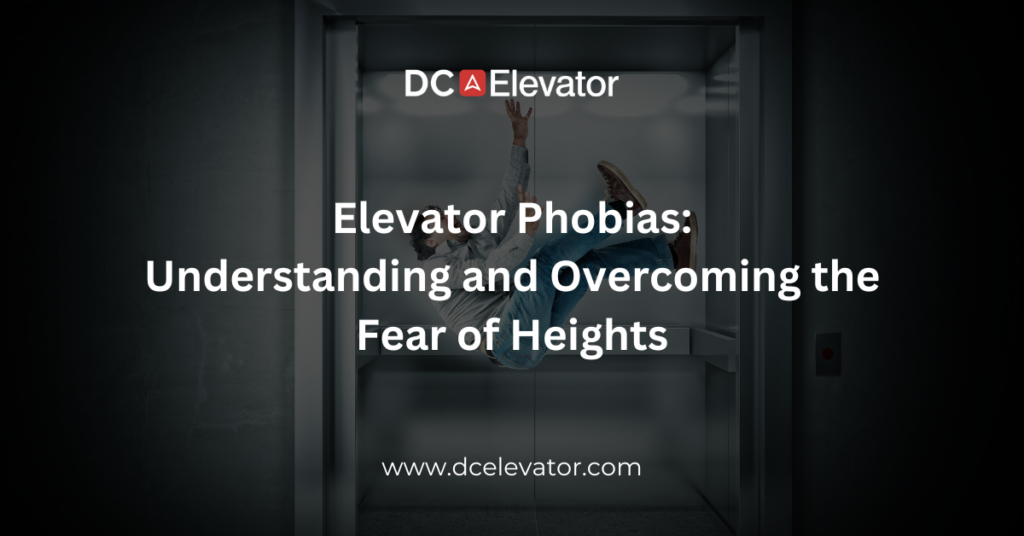Elevators are a common and convenient mode of transportation in today’s world, but for some people, the idea of stepping into an elevator can be terrifying. Elevator phobia, also known as acrophobia or bathophobia, is a fear of enclosed spaces or heights and can significantly impact one’s daily life. In this blog post, we will delve into elevator phobias, their causes, and effective strategies for overcoming this fear.
Understanding Elevator Phobias
Elevator phobia can manifest in various ways, including:
- Fear of Heights: Some individuals are primarily afraid of the height they reach in an elevator, especially in skyscrapers or tall buildings.
- Claustrophobia: Others are more concerned about the confined space within an elevator, fearing they may become trapped.
- Combination of Both: Many people with elevator phobias experience a combination of the above fears.
Causes of Elevator Phobias
Understanding the root causes of elevator phobias is essential for effective treatment. Possible causes may include:
- Traumatic Experience: A past traumatic experience, such as getting stuck in an elevator, can trigger a phobia.
- Heightened Anxiety: Elevator phobias may be linked to general anxiety disorders or other phobias.
- Learned Behavior: Witnessing someone else’s panic in an elevator can lead to the development of a phobia.
- Fear of Loss of Control: Some individuals fear that they won’t be in control of the elevator, leading to anxiety.
Overcoming Elevator Phobias
If you or someone you know struggles with elevator phobia, there are several strategies and techniques that can help:
- Gradual Exposure: Gradually exposing oneself to elevators and controlled environments can help desensitize the fear over time.
- Relaxation Techniques: Deep breathing, meditation, and mindfulness exercises can help manage anxiety when entering an elevator.
- Cognitive Behavioral Therapy (CBT): Seeking therapy from a mental health professional, particularly one specializing in CBT, can be highly effective.
- Medication: In some cases, medication may be prescribed to manage anxiety symptoms associated with elevator phobias.
- Support System: Sharing your fear with friends or family can provide emotional support and encouragement.
- Professional Guidance: Consult with a psychologist or therapist who specializes in treating phobias for personalized guidance.
